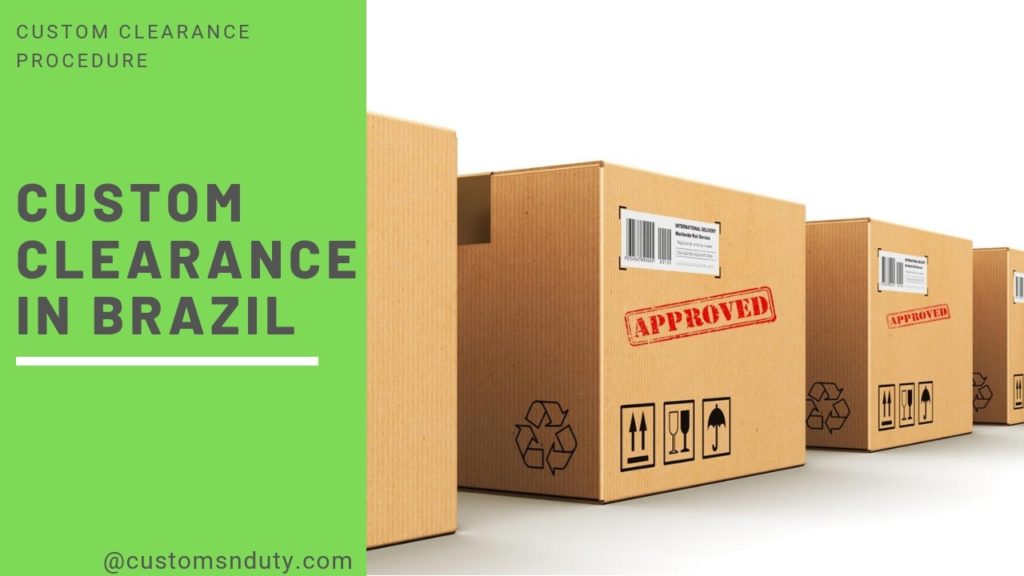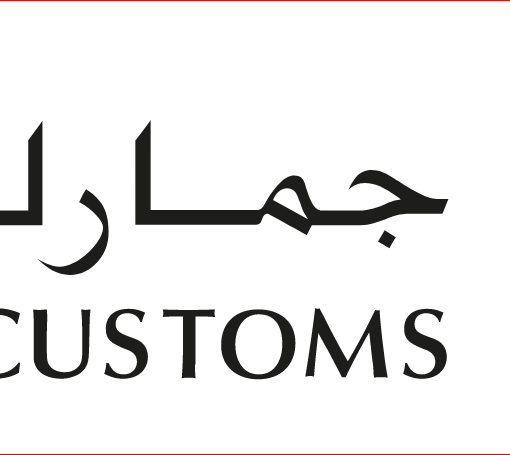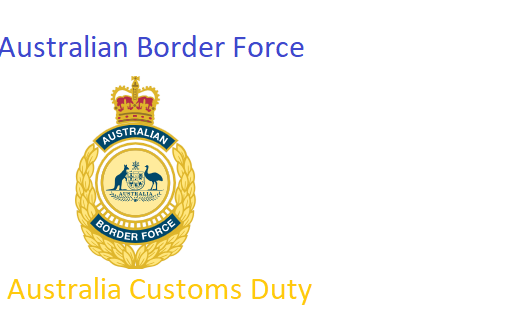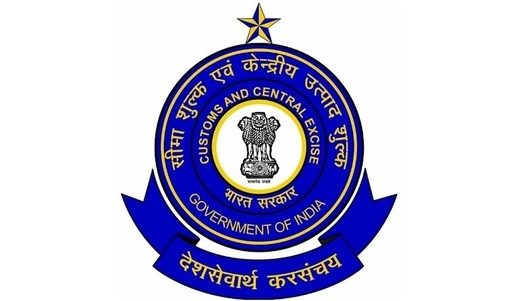When trading goods to and from Brazil, exporters and importers must be aware of administrative processes at Brazilian customs. In Brazil, the customs clearance is done in the Foreign Trade System Integrated (SISCOMEX – Brazilian abbreviature) as soon as the Import Declaration is made.
They are responsible for the surveillance, tax assessment and dispatch of imports and exports on the ports, airports and borders of Brazil, including monitoring of assets with the support of the Brazilian Central Bank (Banco Central do Brasil – BACEN). Here are the details of customs clearance procedure in Brazil.

Types of Custom Clearance in Brazil
There are two kinds of clearances, in general: the Common Customs Clearance, and the Advance Customs Clearance. The difference between the two is whether the registration of the Import Declaration is made before or after the arrival of the goods.
Common Custom Clearance
In the conventional clearance process, the importer can only register the DI after getting a confirmation that the manifested goods have arrived at the port of discharge primarily Customs zone and have received latest information of their quantity, weight and condition upon receipt, including damage and exceptions.
Advance Custom Clearance
Some goods may be Customs‐cleared before arrival, provided they can be identified and quantified onboard the vessel. In this customs clearance modality, all document verification is done prior to the product’s arrival in Brazil. Normally, this procedure is adopted for the import of perishable products.
Documents for Customs Clearance
- Commercial invoice
- Packing list
- Bill of Lading or Airway Bill
- Insurance document
- Import Declaration (DI)
- License wherever necessary
- Letter of Credit/Bank Draft if required
- Import license
- Industrial License, if required
- Test report in case of chemicals
- DEEC Book/DEPB in original
- Adhoc exemption order
- Catalogue, Technical write up, Literature in case of machineries, spares or chemicals as may be applicable
- Components machineries separately split up value of spares
- Certificate of Origin, if preferential rate of duty is claimed

Procedure for Custom Clearance
- Identify your goods according to the HS Code (known in Brazil as NCM) which is the number for customs classification of goods and commodities.
- With the HS code in hands, look for a local reliable customs broker who is licensed to access the Brazilian customs system, known as Siscomex.
- Register Import Declaration (DI) via SISCOMEX on arrival of your goods. Send all of the legal demands and documents required.
- Based on the NCM number, this system will provide the related import duties and taxes. Pay taxes and import duties excluding ICMS.
- An extract is to be sent to the importer and the goods will then be submitted to a control procedure called “parameterization”.
- SISCOMEX automatically processes the Import Declarations (DI) and defines one of the custom clearance channels:
Green – Automatic custom clearance
Yellow – Examination of the documentation
Red – Examination of the documentation and physical examination of the goods
Grey – Examination of the documentation and analysis of the declared customs value. - Once processed by the SISCOMEX, the DI will be dispatched to a tax inspector.
- The tax inspector will examine documents, goods and analyze the declared customs value; depending on the defined channel. This process can take 1 to 15 days, depending on the defined channel.
- Once the tax requirements intrinsic to import have been met, the goods will be available to be collected and handed over to the importer.
Custom Duty and Taxes
Import costs include the Import Duty (II), the Merchandise and Service Circulation tax (ICMS) and the Industrialized Product tax (IPI). Import duty rates vary between 10% and 35%. IPI rates range between 0% and 15% while ICMS rates vary from one state to another. No duty and ICMS are levied on imports where the CIF value is below USD 50. Average Customs Duty excluding Agricultural Products is 10.73 %. Method of calculation is Ad valorem on the CIF value of the goods.
Other minor taxes that apply to imports:
- Guia de importação: USD 70, a lump sum paid for the import licence
- Merchant Marine Renewal Tax: 25% of ocean freights
- Air freight duty: Goods with a FOB value between USD 50 and 3 000, 60% of the shipment’s value
The full payment of the goods must be cleared out of Brazil through the Brazilian Central bank in order to avoid problems during the customs clearance of the goods into Brazil. Brazilian banks work with IBAN, the International Bank Account Number, codes which are most commonly used in America and Europe.




